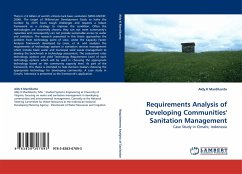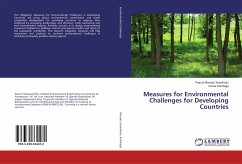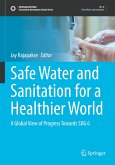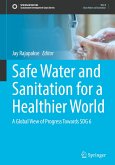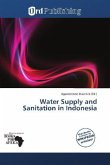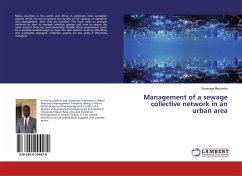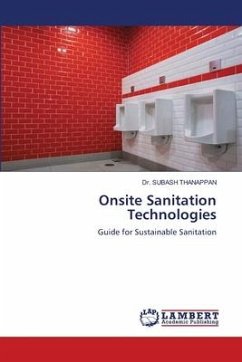There is 2.6 billion of world s citizens lack basic sanitation (WHO-UNICEF, 2006). The target of Millennium Development Goals to halve the number by 2015 faces tough challenges and requires a robust framework as a strategy to improve the condition. Often the technologies are incorrectly chosen; they can not meet community s capacities and consequently can not provide sustainable access to water and sanitation. The research presented in this thesis approaches the problem from technology point of view, under the Capacity Factor Analysis framework developed by Louis, et al. and analyzes the requirements of technology options in sanitation services management which include black water and municipal solid waste management to develop the benchmark in technology assessment. The assessment rates technology options and yield Technology Requirement Level of each technology options which will be used in choosing the appropriate technology based on the community capacity level. As part of the framework, this thesis is intended to help decision makers choosing the appropriate technology for developing community. A case study in Cimahi, Indonesia is presented as the framework s application.
Bitte wählen Sie Ihr Anliegen aus.
Rechnungen
Retourenschein anfordern
Bestellstatus
Storno

